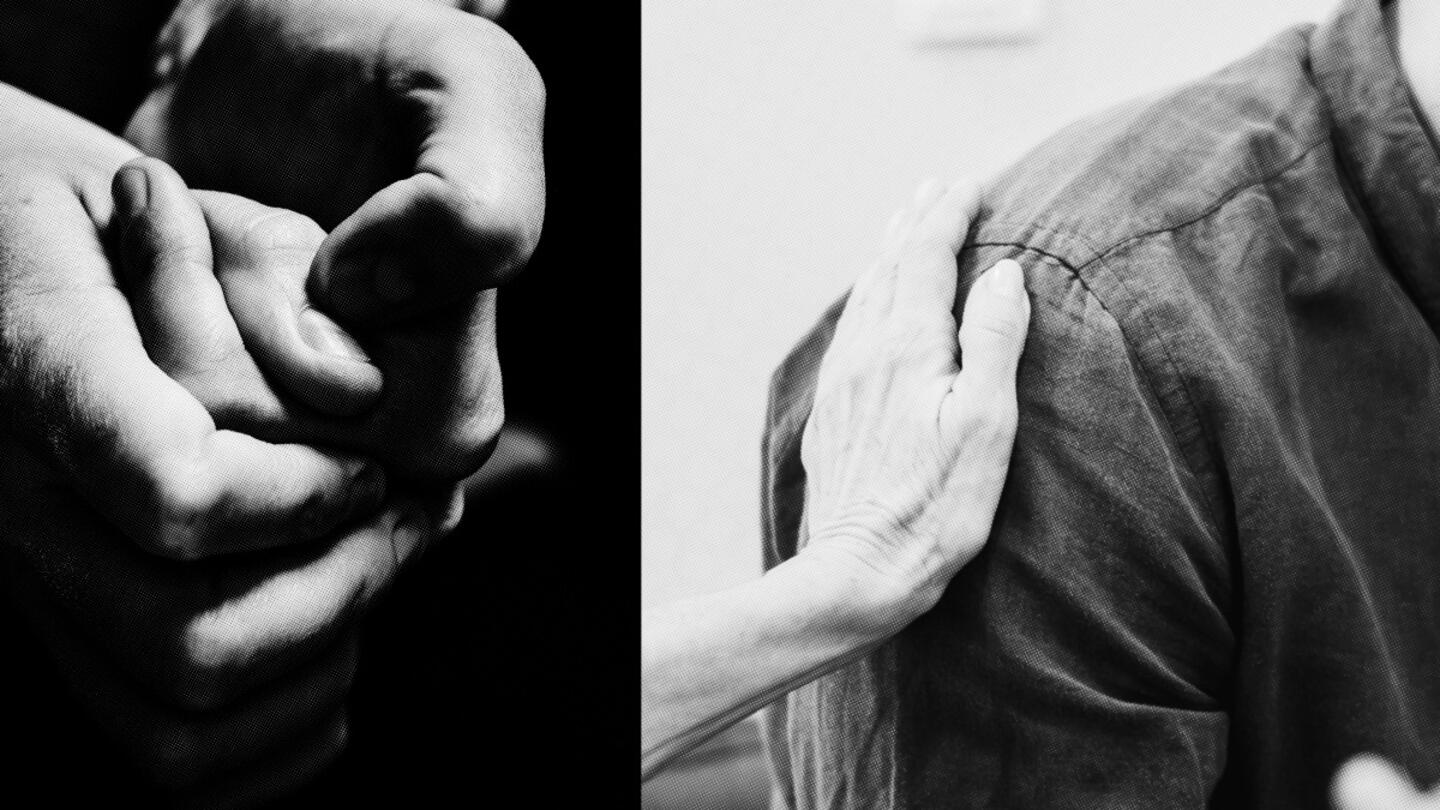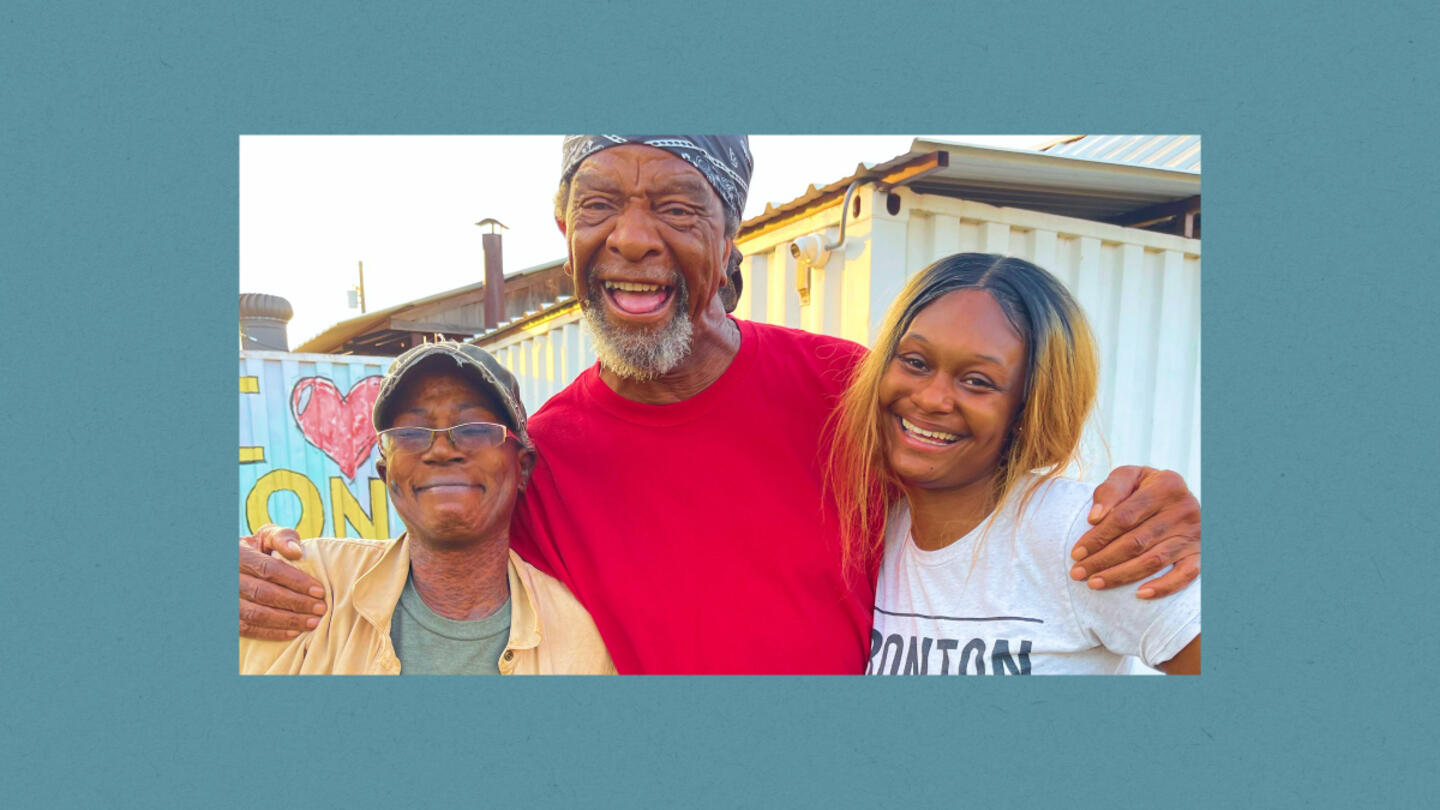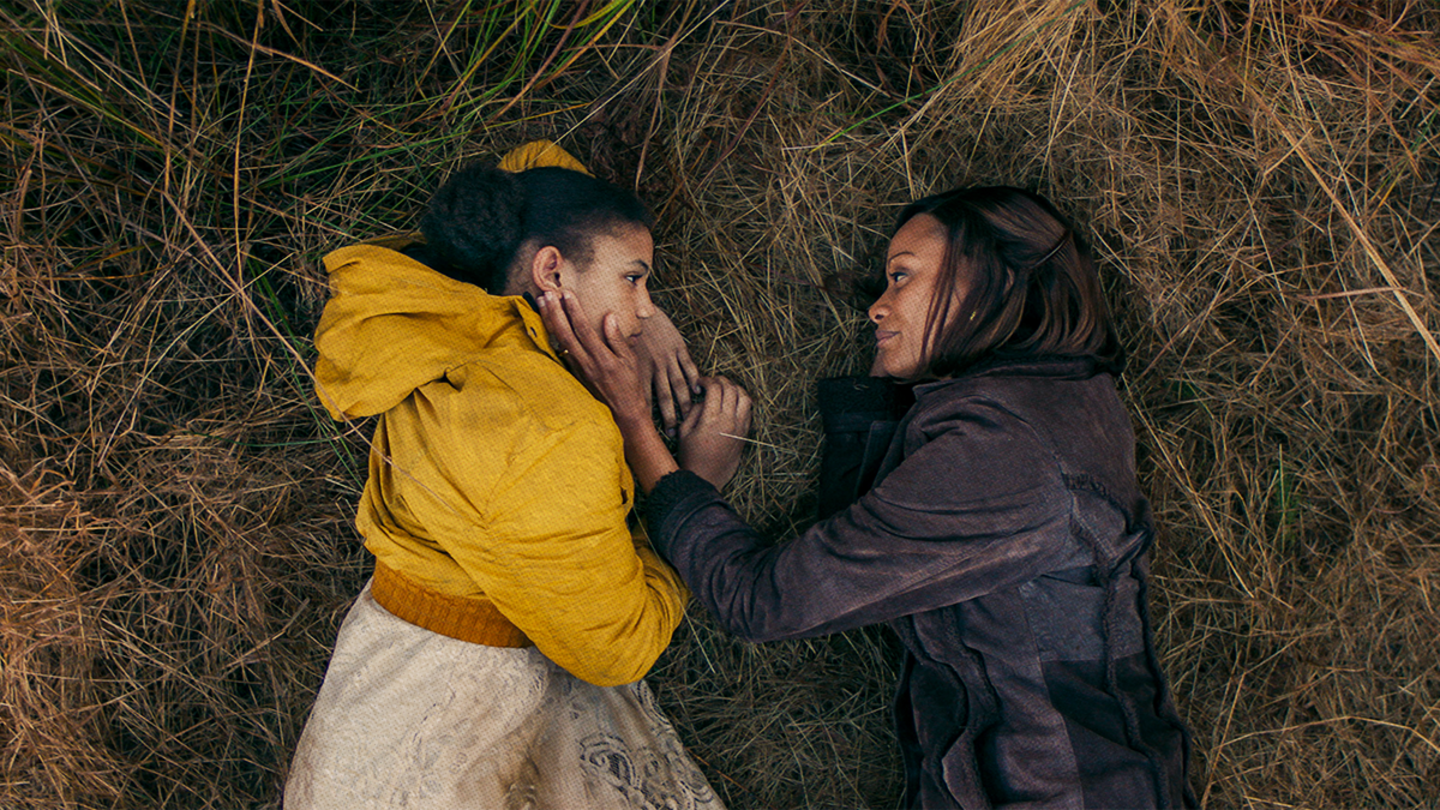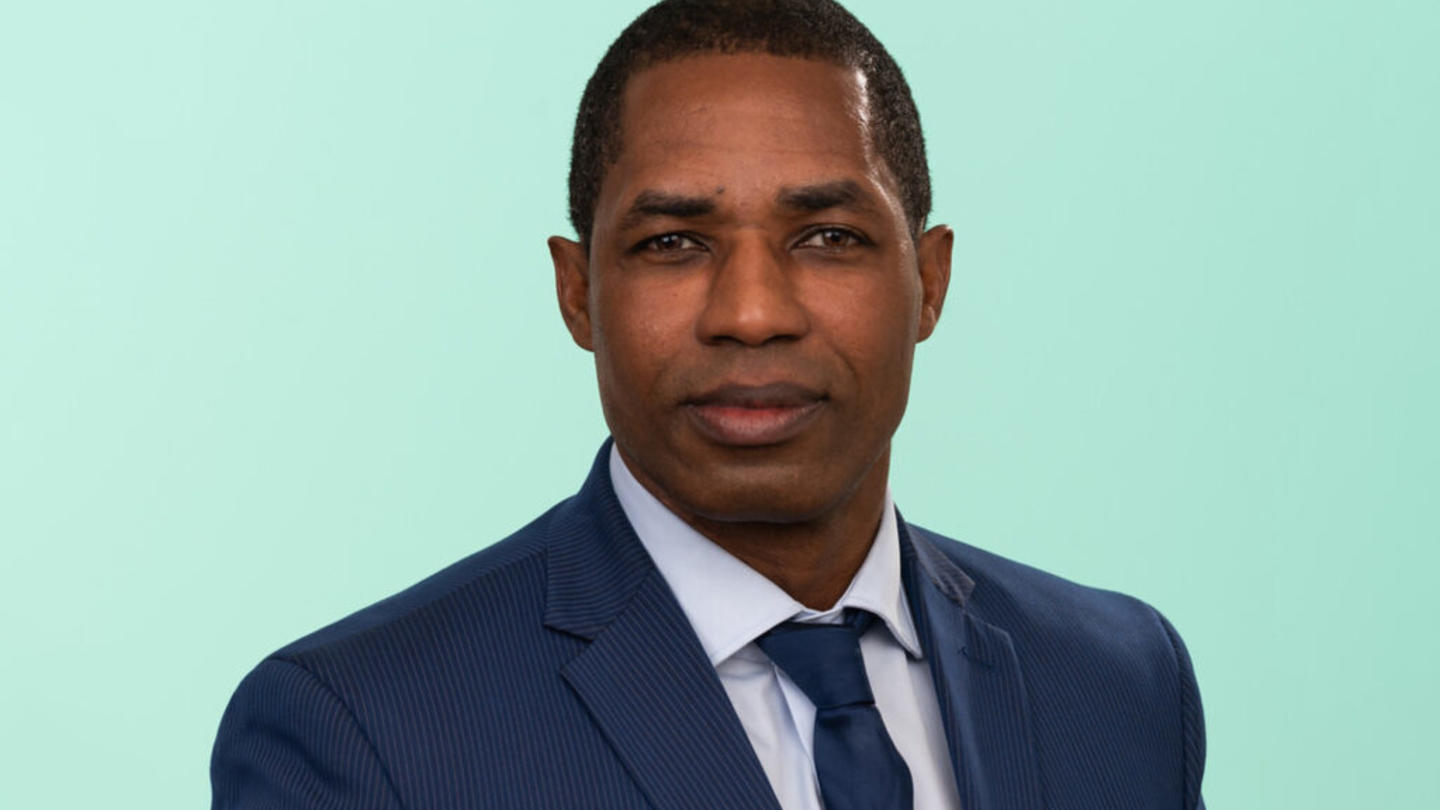HANDY CEO Kirk Brown's upbringing wasn't that of your typical company executive. "I know what it feels like to kick the table so the roaches run from the food you have to eat," says Brown, referring to the extreme poverty he experienced as a kid growing up in foster care. "I know what it feels like to be so hungry that you can't even think."
It's because of – not in spite of – that experience that made Brown the right person for the top job at HANDY, a nonprofit that empowers youth in foster care to live the life they want for themselves.
And that begins by reinforcing what Brown believes are the two most important elements for success in a foster youth's life: education and employment.
HANDY focuses on foster youth in Florida
Florida's foster youth face numerous challenges. Only 58% graduate high school, compared to 87% of the general population. They're also more likely to use substances, experience mental health problems, and become involved in the justice system.
Ed Pudaloff founded HANDY in 1985 after noticing these challenges. He particularly observed the lack of normalcy that children in foster care have in their daily lives.
The organization shifted focus from "emergency services" for foster youth to longer term involvement in 2002.
"The organization made a shift as we realized a great percentage of the homeless in our community were people who aged out of foster care," says Brown. "We realized that these young people were robbed of the opportunity to really live a fully informed life."
That shift started with the creation of the LIFE Program, which focuses on teaching life skills, group activities, case management, and building a foundation of support through mentors. While the program still provides emergency needs, such as food, clothing, and housing, the long-term vision matters most.
Helping neglected youth through hands-on education
HANDY encourages hands-on, experiential learning. Foster youth are supported in whatever endeavors they want to pursue. Brown encourages them to explore every industry. He even tells them to break things because that means they're engaging with the equipment.
The organization's Best Buy Teen Tech Center in Fort Lauderdale is a case in point. Here, foster youth learn a variety of technical skills that lead to meaningful employment. This is where they go, according to Brown, "from understanding to doing."
The center prepares foster youth for a number of educational tracts and constantly updates its tech.
"Everything in our building is there to expose our young people to a higher level of education and employment," says Brown. "We expose them to high-demand industries because poverty dynamics often only expose them to lower levels of industry."
HANDY's focus on education is showing promise. So far, 95% of foster youth graduate high school, eight points above the general population. Also, 97% reach the next grade and 68% graduate college. School attendance goes up while risky behaviors decrease.
Still, it's the relationships that matter most. "We treat it as a village," says Brown. "The building doesn't really belong to us. It belongs to the youth in our community."
Beyond technical skills, the most important lesson foster youth learn is their own capacity. They're often unaware that overcoming adversity is their greatest strength. Their mentors help them recognize that fact.
"When we pitch our young people to employers, we let them know this is not a person who's going to freak out if the computer doesn't work," says Brown. "They've lived through the most difficult parts in life already. And they're ready for whatever opportunity presents itself."
Sign up for the Strong & Safe Communities newsletter for stories, ideas, and advice from changemakers breaking cycles of poverty and bridging divides.
HANDY helps foster youth to know their value
Brown tells the story of Carl as an example of the type of confidence HANDY instills in youth over the long term. While in high school, Karl told Brown he wanted to make an impact with his life, but didn't know where to start. Karl knew he was talented, but didn't know where the program was leading.
HANDY paid for Karl's college education. The money was secondary to the support the organization provided. HANDY mentors drove Karl to campus and set up his dorm room. They even took a photo of his bed being made, because, as Brown says, "that's the type of thing a family member would do." They even took a photo of his bed being made.
Four years later, Karl graduated college with a degree in civil engineering. One of his mentors, who was also his biggest fan, offered him a job on the spot. Karl didn't accept, at least not right away.
"We tell our youth to make sure they know their value in the marketplace," says Brown. "After entertaining other offers, he accepted the job two weeks later." Karl's journey has led to where he is now: The executive project manager of a 300-unit apartment building.
Karl is just one example of the kind of long-term involvement HANDY has. "You can't solve two generations of poverty with a six-month program," says Brown. "We're not a six-month program. We're a 'until you succeed' program."
HANDY builds a network of relationships
The network of relationships is something that sets HANDY apart. Nearly all of the program's alumni return to mentor foster youth currently in the program.
Brown's path was greatly influenced by his own mentors, which is something he has never forgotten. There was Ms. Jackson, who told him to become a giant because life handed him mountains. And Mr. Finley, who taught him that more education equals less hunger, and that only his best was good enough.
"If every day you do your best, you will inherit the best and life will hand you the best," Brown says. "My [mentors] showed me that I have value. When you show someone that you care, they start caring."
This environment helps foster youth thrive. HANDY's mentors create strong bonds with the foster youth. Career skills and employment are critical for success, but having someone to trust tops everything.
"We build a community of support from a place of lived experience," says Brown. "For our foster youth population, we become their community."
***
HANDY is supported by Stand Together Foundation, which partners with the nation's most transformative nonprofits to break the cycle of poverty.
Learn more about Stand Together’s efforts to build strong and safe communities and explore ways you can partner with us.

Now in recovery, he’s teaching others how to deal with “life on life’s terms.”

This South Dallas neighborhood is a food desert, but problems run deeper than limited food access.

The new org chapter Olympic star Simone Biles helped found is just getting started.

The film, executive produced by Letitia Wright and Joe Knittig, CarePortal CEO, shows how communities strengthen families.
